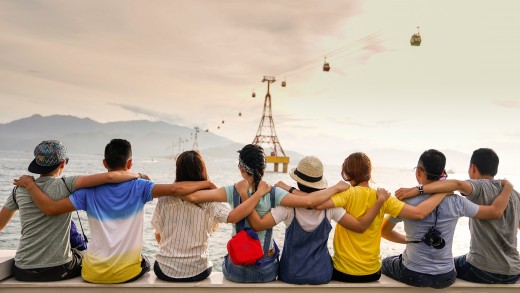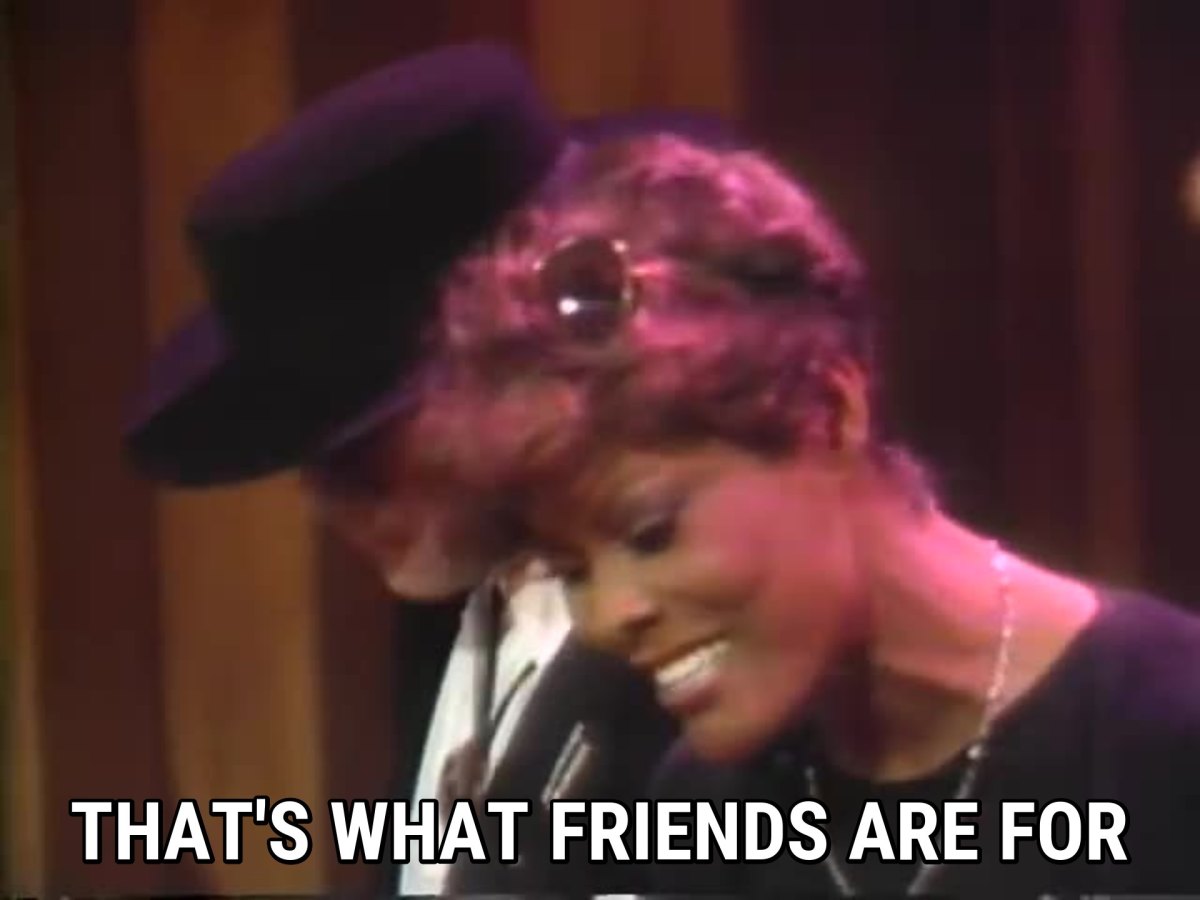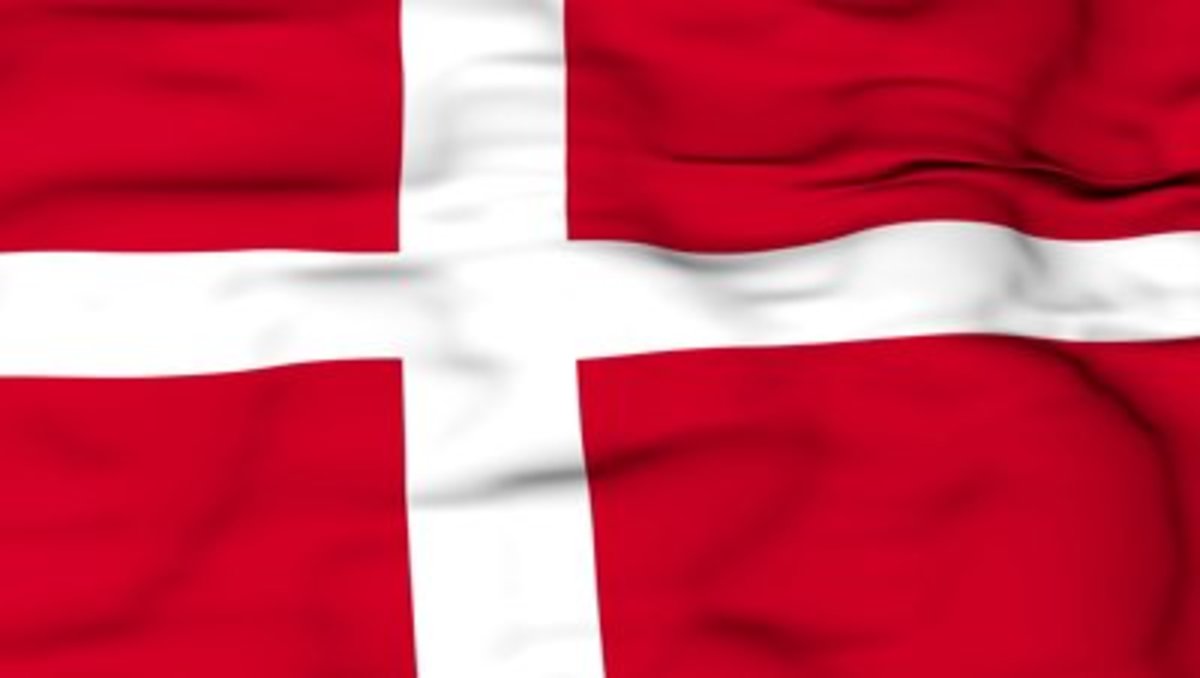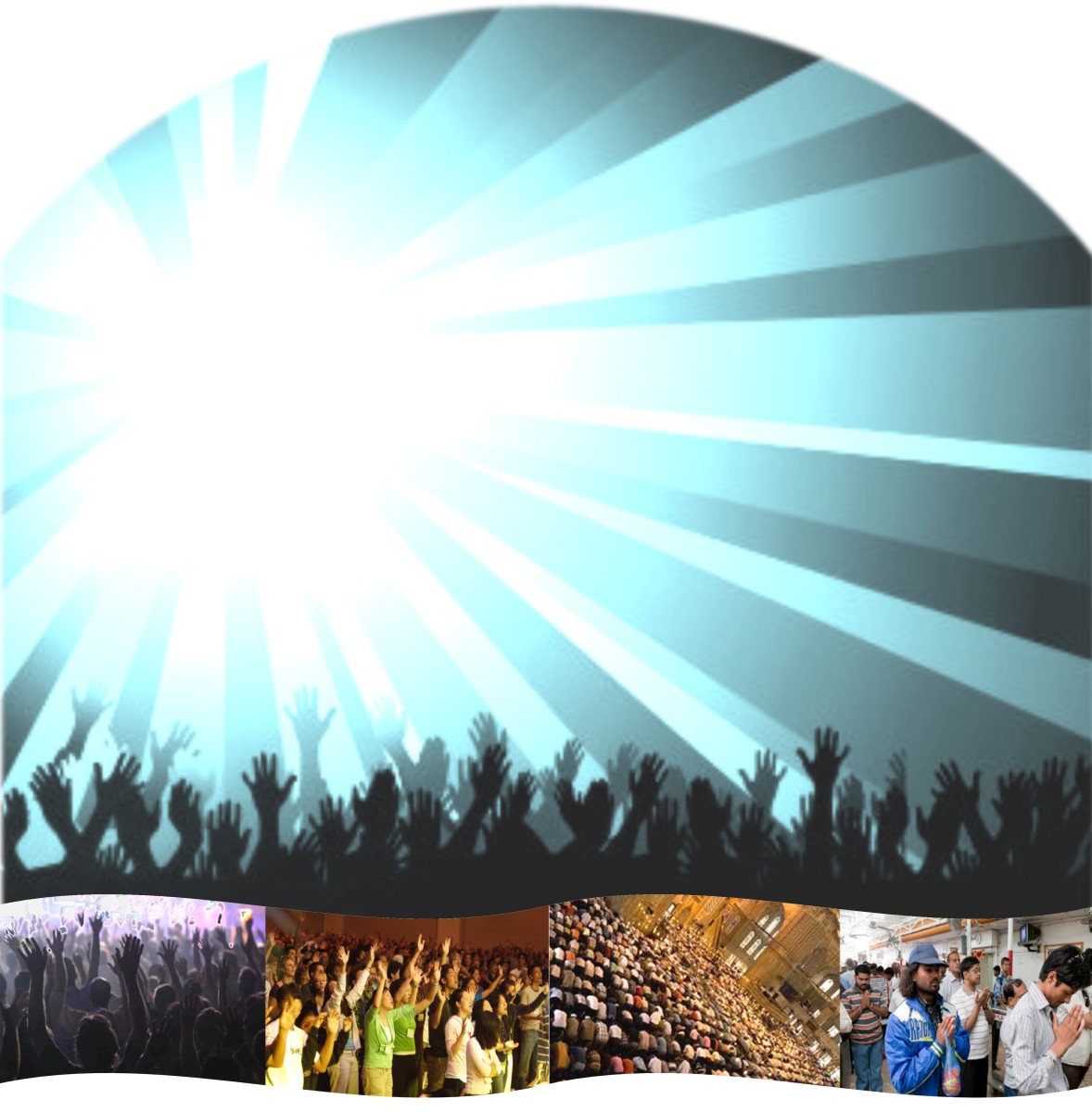What Does It Mean to Be a Friend?

As humans we have an innate desire to get to know each other, to live, eat, play, pray, work with others who have similar interests, so we accumulate friends all during our lives. Some are circumstantial, for example, friends at work. A job change introduces new friends, and as we move through our career history, a few of those friends have become part of our lives, but we never again see most of them. Certain people that we grow up with remain as friends as we age. True friends are acquired from school, church, work, neighborhood, clubs, and so on.
A friend is someone with whom you share a mutual bond of trust, care, and support. A friend listens and understands us, even without words. A friend stands by us no matter what and I feel safe with her. My friend respects me even if we disagree and we receive from and give to each other. Friendship isn’t just about spending time together. It’s about connection, loyalty, and a sense of belonging that goes beyond circumstance. We seek out ways to be with those who are true friends.
The wisdom of Kabbalah adds a new dimension to the idea of a friend. Friend [Haver] is from the word connection [Chibur] in Hebrew. A friend is someone with whom I connect in order to create a shared deficiency for mutual bestowal between us, and from this I will learn what the characteristic of bestowal is.
The study and practice of Kabbalah is a laboratory, so to speak, where we are taught how to activate the Golden Rule. Through study and mutual spiritual work together we learn to blunt the ego and seek to truly feel each other inside of us. It’s as if each of us is a sponge that sucks up all the others until there is only one squishy organism. Within this structure we devise ways to serve each other, thus advancing the entire group on the spiritual path.
The members of a group, in essence, create a puzzle as all the pieces connect together. I don’t look at faces, whom do I like and whom I don’t, according to which I will distance myself or approach someone. I accept everyone! If he has come, he is apparently part of this puzzle we are constructing. Without each friend we cannot finish the puzzle, and with every friend who arrives, we assemble more and more of this puzzle, the structure of the collective soul.
It turns out that the Creator never acts directly on a person but only through others. We study in groups of ten, and it is within this group that we act as friends. Therefore, we must hold on to our friends, and through them, we feel the direction in which the Creator is guiding us. The fact is that each of us is hidden from the other. We cannot see the other in a state of complete revelation. Therefore, there is only one counsel. We must respect and appreciate our friends for being on the spiritual path with us and raise them as much as possible.
Even though the virtues of our friends are not equal, we tolerate him because this is the way the Creator made him. This means no criticism, no correcting, no arguing. Every statement from a friend has an element of truth in it for us to examine. Our work together helps us to connect our souls and complete the collective soul between us. After we nullify our ego that separates us and disturbs us from sticking the parts of our puzzle together, we can adhere to each other. This is what is called a true friend.
To learn more about the fascinating world of the wisdom of Kabbalah, you may go here.








